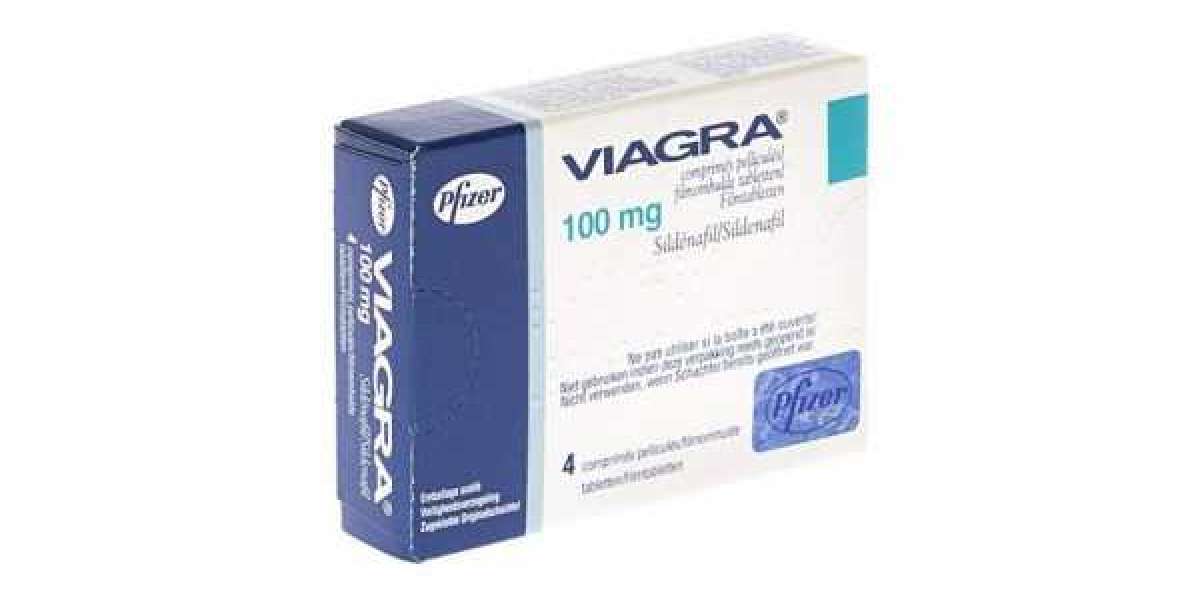Novartis’s late Kras challenge to Amgen
A year after shocking the field of Kras by reporting zero responses in a clinical trial of a Shp2 inhibitor, Novartis has had better luck with direct Kras G12C blockade. JDQ443, a molecule with the latter mechanism, has shown impressive efficacy in lung cancer, AACR heard yesterday.To get more latest news on novartis, you can visit shine news official website.
The data, from an admittedly small patient sample in the phase 1/2 KontRASt-01 trial, suggest that JDQ443 is at least as potent as the most advanced Kras G12C inhibitor, Amgen’s Lumakras. The problem for the Swiss firm is that Lumakras got NSCLC approval last year, while JDQ443’s pivotal trial will not even start until the second half of 2022.
Novartis had initially hoped to be in phase 3 with JDQ443 early this year, but delayed the start in February; the planned study, KontRASt-02, already has a clinicaltrials.gov listing, which gives a July 15 start date. It will compare JDQ443 against docetaxel, with progression-free survival as primary endpoint, in Kras G12C mutated NSCLC.
The big question regarding study design is whether a pivotal trial in Kras-mutant NSCLC that does not compare JDQ443 head to head against Lumakras will be acceptable.
If it were not for the threat of Amgen and others, the signs would be very optimistic. Yesterday’s AACR update showed a confirmed remission rate of 35% among 20 NSCLC patients, with a further two responses as yet unconfirmed. Even better, the recommended 200mg twice-daily JQT443 dose yielded a 57% confirmed ORR, albeit in only seven subjects.
On a cross-study basis this seems at least on a par with the 36% ORR Lumakras’s G12C-mutant NSCLC label cites from the Codebreak-100 trial, and the 45% ORR the next most-advanced Kras inhibitor, Mirati’s adagrasib, has shown in lung cancer in the Krystal-1 study.
Adagrasib has suffered delays, and its US approvability on an accelerated basis is in doubt: by the FDA’s action date Amgen might already have reported survival data from Lumakras’s confirmatory study. Clearly, for JDQ443 accelerated approval is out of the question.
And Amgen had its own good news at AACR, reporting an updated analysis of Codebreak-100 showing ORR rising to 41% for the approved Lumakras dose, with median PFS and OS of 6.3 and 12.5 months respectively.
On the safety front, where Lumakras and adagrasib have yielded respective 21% and 30% rates of severe treatment-related adverse events, the JDQ443 trial is showing a 13% rate of grade ≥3 events, and none among 11 patients given 200mg twice daily.
A separate possible use for Kras G12C inhibitors is colorectal cancer, where adagrasib has an edge, with 22% ORR in Krystal-1, though Mirati has yet to define a filing plan.
Lumakras has shown lower efficacy here, and Amgen has deprioritised this indication for the monotherapy. The JDQ443 study detailed at AACR included 14 subjects with colorectal cancer, one of whom yielded a confirmed and a second an unconfirmed partial response.
This is clearly too small a sample size to make any definite conclusions, but at least the data are better than Novartis’s experience with the Shp2 inhibitor TNO155. At last year’s Asco a monotherapy trial yielded not a single remission in 118 solid tumour patients; similarly, Revolution/Sanofi’s Shp2 inhibitor RMC-4630 at AACR 2021 showed only three responses among 80 subjects.
Analysts now widely expect Shp2 blockade to have legs only as part of a combination with direct Kras inhibition, and TNO155 is in trials with adagrasib as well as with JDQ443. The latest data with JDQ443 have provided a baseline for expectations.













